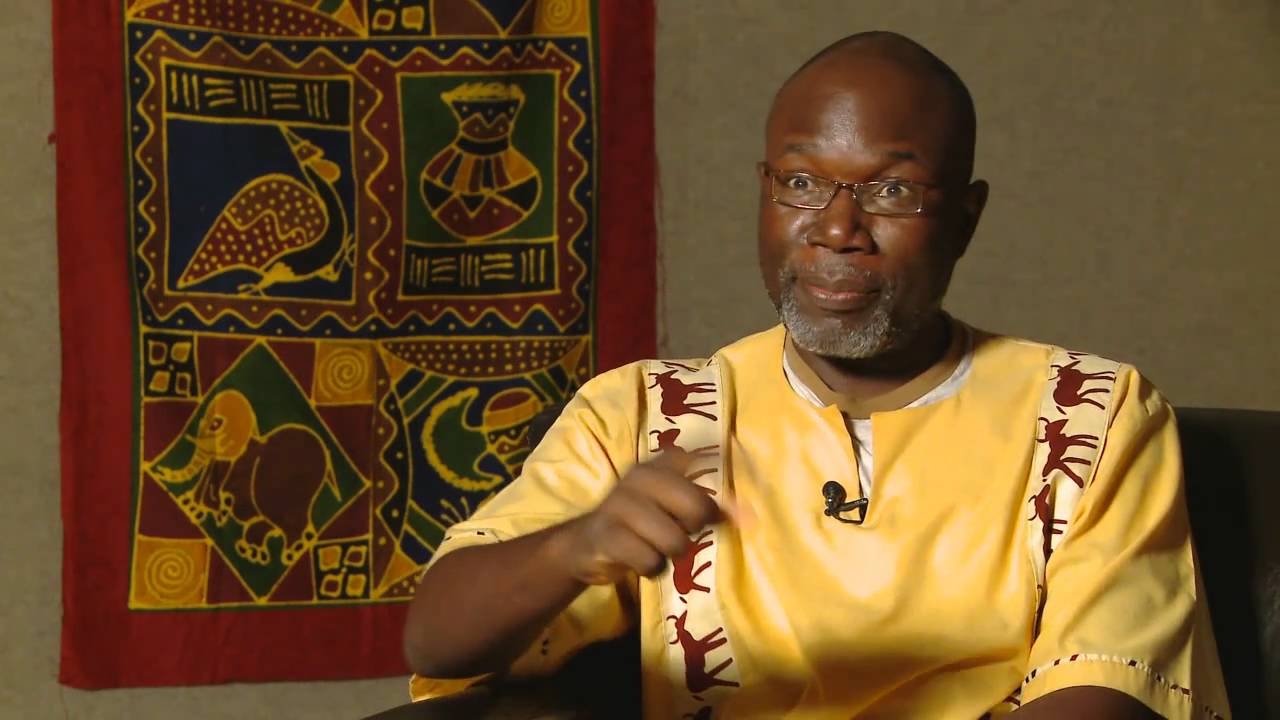INNOCENT VEREMU
Rhodes University recently celebrated a significant milestone with the awarding of its first-ever PhD for a thesis written by Dr Ignatius Mabasa in ChiShona, a Zimbabwean language.
The groundbreaking thesis by Dr. Ignatius Mabasa, titled “CHAVE CHEMUTENGURE VHIRI RENGORO: HUSARUNGANO NERWENDO RWENGANO DZEVASHONA,” contributes to African Language Studies and underscores the importance of indigenous languages and knowledge systems.
Dr Mabasa, a Shona folklorist, filmmaker, and author, chose to write his thesis in ChiShona to amplify cultural heritage. His work challenges the exclusion of marginalized knowledges and aims to empower disenfranchised audiences by creating alternative perspectives.
The thesis received recognition for its intellectual growth and contribution under the supervision of renowned ChiShona scholar Professor Chimhundu and African Language Studies expert Professor Kaschula. The increasing acceptance of theses written in languages other than English signals a shift in language dynamics in higher education institutions.
Dr Mabasa’s thesis explores the Zimbabwean narrative Chemutengure, emphasizing the preservation and interpretation of such narratives in their original language and culture. By employing autoethnography, he makes research accessible and relevant to a wider audience, contributing to the decolonization of education and the recognition of indigenous knowledge and storytelling as tools for consciousness.
His work serves as a call for a decolonial movement that prioritizes indigenous knowledge and multicultural theories. It challenges Eurocentrism and seeks to bridge academic discourse with indigenous knowledge and storytelling traditions. By engaging with identity politics and amplifying silenced experiences, the thesis aims to contribute to Africa’s contemporary challenges and foster a sense of pride and recognition among marginalized voices.
Dr Mabasa’s pioneering ChiShona thesis encourages institutions to embrace indigenous languages and knowledge systems. His achievement serves as an example for decolonizing education and incorporating diverse perspectives in academic spaces. Through his research, Mr Mabasa highlights the importance of embracing and promoting indigenous languages, empowering disenfranchised audiences, and recognizing the power of indigenous knowledge in a rapidly globalized world.













.jpg)








0 Comments